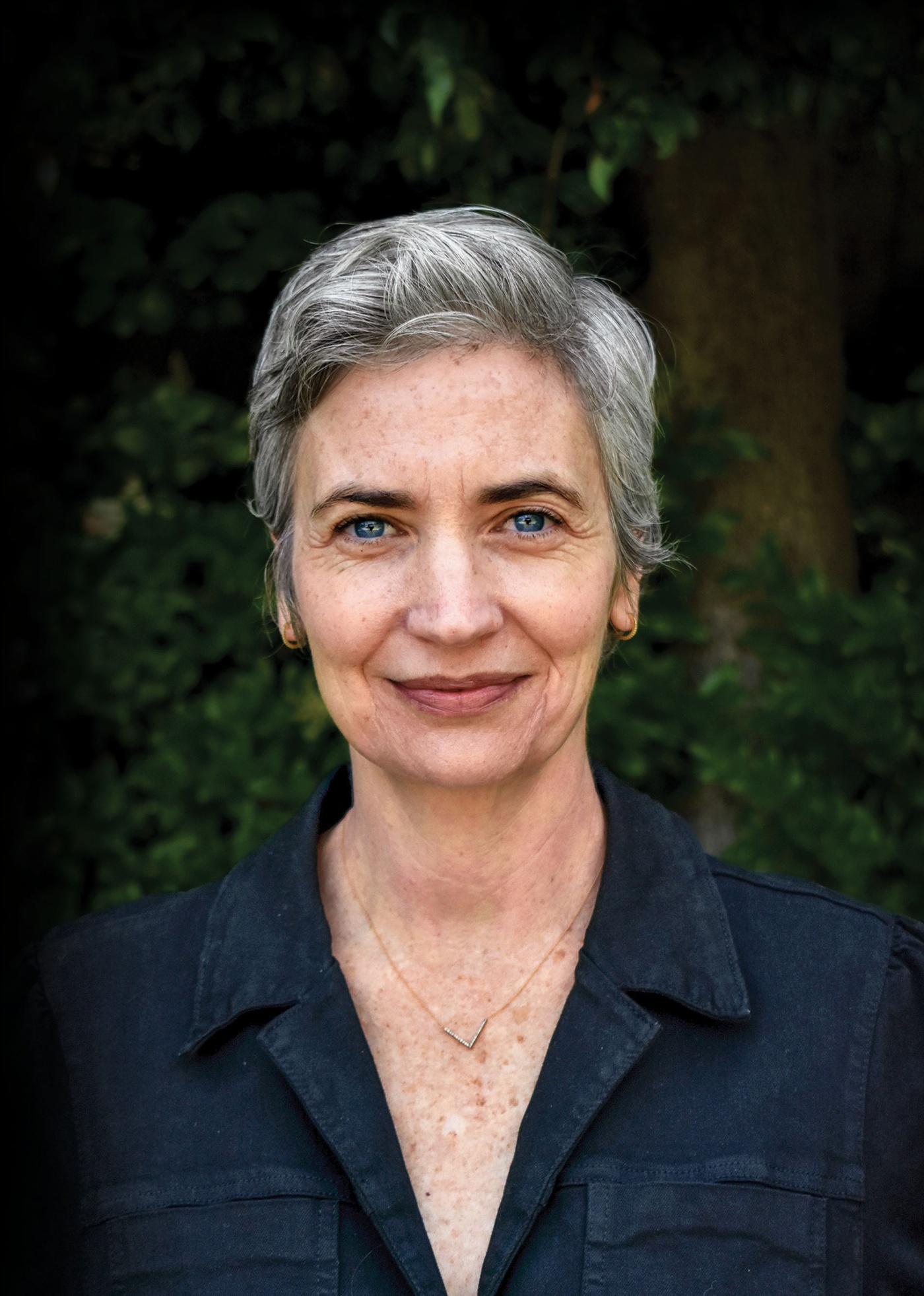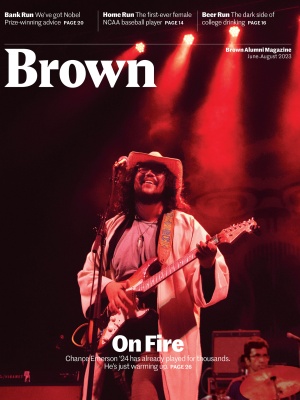In the past decade, Americans have been horrified and outraged by the high-profile police murders of unarmed Americans (almost always Black) including Michael Brown, Philando Castile, Breonna Taylor, and George Floyd. Yet despite all these incidents and the multimillion-dollar lawsuits that often follow, data from a Washington Post/Guardian project shows that annual rates of police murders of civilians kept climbing through 2022.
Why? Many experts say not enough has happened to prevent incidents, such as reducing the number of police-civilian interactions where many such killings begin. But Joanna Schwartz ’94, a UCLA law professor with a long history of litigating and studying police-
related cases, says there’s another major reason: the legal rules and judicial precedents that thwart the plaintiff at every turn—and protect cops and cities from the significant financial and policy repercussions that could aid true reform. In Shielded: How the Police Became Untouchable, Schwartz narrates often shocking little-known cases to illustrate the power of these barriers.
Yes, she writes, there is the much-discussed concept of “qualified immunity”—protecting police from prosecution unless their action near exactly matches a prior case. But lesser known factors include the difficulty of making cities liable for the actions of their cops, the tendency of judges to not let plaintiffs’ lawyers do the necessary research before a trial, the fact that cops seldom pay damages out of their own pocket, the fact that cities often threaten not to cover the cost of cops’ actions as a disincentive for lawyers to even bring a case, and the fact that judges and juries broadly defer to the idea that cops need nearly unrestricted latitude in determining how to act in the so-called heat of the moment.
These multiple barriers first became evident to Schwartz when she was bringing cases against the NYPD some 20 years ago. “I began realizing that police officers and their supervisors often didn’t even know about the suits filed against them,” she says—police departments are seldom made to analyze litigation against them with an eye toward systemic reform. “Qualified immunity deserves all the criticism it gets, but it’s only the tip of the iceberg. A whole legal system has been put in place fueled by the same fear-mongering about the dangers of too much justice against the police.”
She acknowledges that calls for reform after George Floyd’s murder have been supplanted by new fears about rising crime that have even many Democrats anxious to show police fealty. “My hope that the Supreme Court or Congress would make change has been depleted the past few years,” she says, “but I do hold out hope in state and local governments.” She points to Colorado, which recently enacted many of the changes she calls for in her book, such as forcing cities to indemnify their cops while also making cops pay a share of damages. Her latest project is tracking new outcomes, to see if the changes could provide a blueprint for other states.
As for Shielded, Schwartz says, “I hope that people in power, like judges, will read it, understand the impact these legal rules are having, and possibly change their own decisions.”





